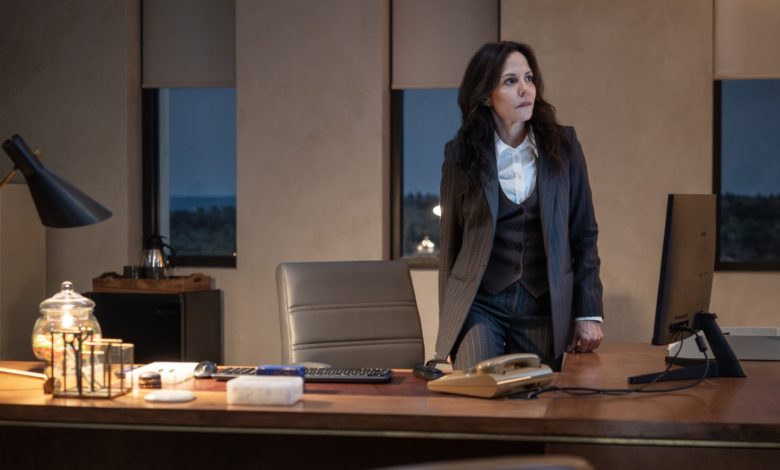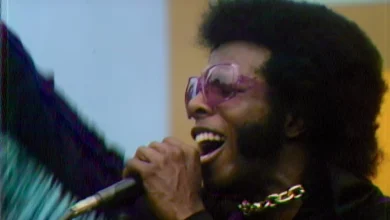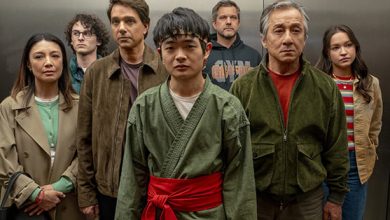Stephen King’s The Institute Series on MGM+ Falls Flat Despite Promising Premise

A mix of Minority Report, Stranger Things, The Shining, and One Flew Over the Cuckoo’s Nest should, on paper, make for compelling television. But in MGM+’s adaptation of Stephen King’s The Institute, the result is a disappointingly flat and muddled series that lacks the tension, atmosphere, and creativity King’s stories demand. Based on King’s 2019 novel, the 8-episode series is weighed down by dull direction, lead-footed pacing, and inconsistent tone.
Despite a resurgence of interest in King adaptations, with The Long Walk, The Running Man, and his new novel Never Flinch on the horizon, The Institute feels like a missed opportunity. Director Jack Bender, known for eerie and intricate projects like Lost and From, surprisingly fails to infuse the material with thematic depth or visual intrigue.
The narrative follows Luke Ellis, a 14-year-old prodigy with supernatural abilities, played by Joe Freeman, who delivers a standout performance. After being abducted, Luke awakens in a sinister replica of his bedroom within The Institute, a facility that houses children with telekinetic (TK) and telepathic (TP) powers. They are subjected to brutal experiments led by the cold and detached Ms. Sigsby (Mary-Louise Parker), her enforcers Hendricks (Robert Joy), and Stackhouse (Julian Richings).
Thematically, the show attempts to explore government exploitation, the sacrifice of innocence, and the ethical decay of power—classic King territory. But these elements are merely skimmed over. What should be a chilling meditation on control and corruption instead plays out like a generic thriller lacking both urgency and originality.
The violence against children is handled with a disturbing lack of nuance. Scenes depicting torture, including a child suffocating or another being bludgeoned, come off as shock tactics rather than narrative necessity, especially when surrounded by flat cinematography and uninspired set design. Even more egregious is the misuse of Holocaust references, such as the phrase “final solution,” which feels exploitative rather than impactful.
See More ...
Ben Barnes portrays Tim Jamieson, a new night watchman in a nearby town, whose subplot drags for much of the season. While viewers understand from the outset that Tim and Luke’s stories will intersect, the slow buildup and lack of dramatic tension render his arc tedious.
Only Freeman, as the spirited Luke, and Julian Richings, in a menacing villain role, bring any real energy to the screen. Parker’s disengaged performance reflects the underwhelming dialogue, and the series’ episodic structure—designed more like an 8-hour film chopped into parts—further erodes pacing and character development.
In the end, The Institute feels like a low-budget, rushed production, lacking the visionary touch required to adapt King’s complex, unsettling themes. While the source material held promise, the execution here is neither artistically ambitious nor emotionally resonant.




